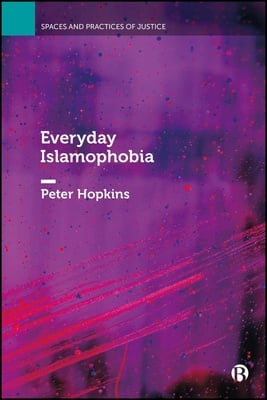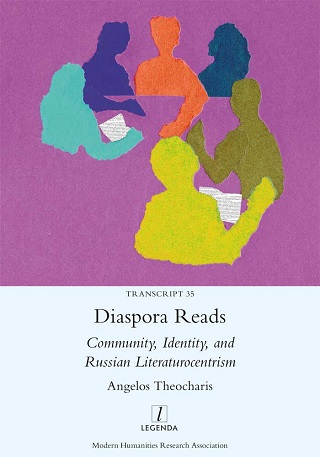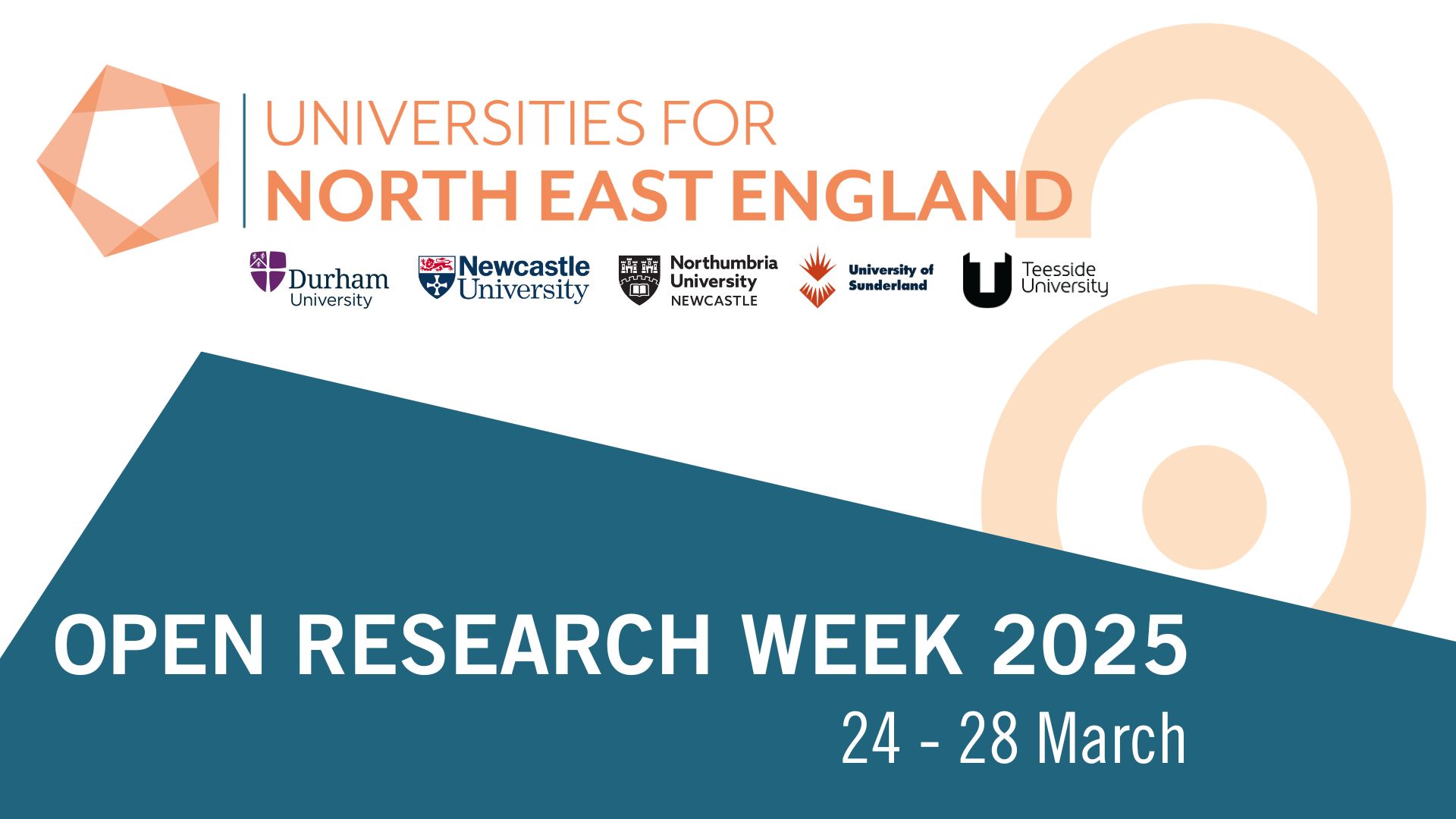Members of the Library Research Services (LRS) team continue to be on hand to support you with any Open Research, Research Data and Open Access training and queries you might have. Get in touch at lrs@ncl.ac.uk.
Open Research events happening at Newcastle University in February:
- 12 Feb Introduction to Writing a Data Management Plan (11.00-13.00) (online)
- 19 Feb ReproducibilTea: Open Research in a Participatory Action Research Project (12.00-13.00) (Philip Robinson Library Committee Room and online)
- 23 Feb Open Access Help Drop-in Sessions (12.00-12.30) (online)
- 26 Feb Developing your academic publishing strategy (10.00-12.00) (online)
Open Research events happening elsewhere in February and beyond:
- 11 Feb The Benefits and Challenges of Open Source Software in Research (12.00-13.00) (online)
- 11 Feb The Future of Reproducibility Research and Policy (13.00-14.00) (online)
- 11 Feb The State of Open Data: A Decade of Progress and Challenges (15.00) (online)
- 25 Feb The Promise and Perils of Transparency and Openness (16.00-17.00) (online)
- 2-5 March Open Research Week 2026 (Liverpool, LJMU, Edge Hill, and Essex) (online)
- 3-6 March Oxford Forum of Open Scholarship (OxFOS 2026) (online and in person in Oxford)
Check out the library calendar for further courses and dates in 2026.





